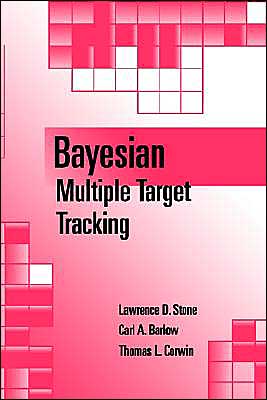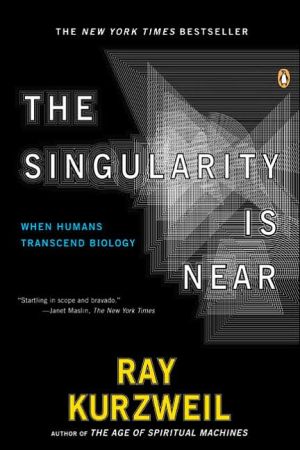Bayesian Multiple Target Tracking
Get the solutions to your most challenging tracking problems with this up-to-date resource. Using the Bayesian inference framework, the book helps you design and develop mathematically sound algorithms for dealing with tracking problems involving multiple targets, multiple sensors, and multiple platforms. The book shows you how non-linear Multiple Hypothesis Tracking and the Theory of Unified Tracking are successful methods when multiple target tracking must be performed without contacts or...
Search in google:
Get the solutions to your most challenging tracking problems with this up-to-date resource. Using the Bayesian inference framework, the book helps you design and develop mathematically sound algorithms for dealing with tracking problems involving multiple targets, multiple sensors, and multiple platforms. The book shows you how non-linear Multiple Hypothesis Tracking and the Theory of Unified Tracking are successful methods when multiple target tracking must be performed without contacts or association. Booknews Two mathematicians and an engineer with a consulting firm trace their experience with tracking to the CASP search and rescue planning program they developed for the Coast Guard in the 1970s, applying a stochastic model to predict the target's position and motion over time. While most books on tracking present algorithms for problems in which contacts are received at a high data rate with good localization information about the targets, the focus here is on low data rate, low signal-to-noise ratio situations where sensor responses provide ambiguous information about the target's state. They explain Bayesian inference as a statistical decision theory framework from which to view and design tracking algorithms. Includes an appendix on Gaussian density lemma. Annotation c. Book News, Inc., Portland, OR (booknews.com)
PrefaceIntroductionAcknowledgmentsCh. 1Tracking Problems1Ch. 2Bayesian Inference and Likelihood Functions29Ch. 3Single Target Tracking55Ch. 4Classical Multiple Target Tracking: Multiple Hypothesis Tracking103Ch. 5Multiple Target Tracking Without Contacts or Association161Ch. 6Likelihood Ratio Detection and Tracking: Theoretical Foundations209Ch. 7Likelihood Ratio Detection and Tracking: Implementation Issues269Appendix291About the Authors293Index295
\ BooknewsTwo mathematicians and an engineer with a consulting firm trace their experience with tracking to the CASP search and rescue planning program they developed for the Coast Guard in the 1970s, applying a stochastic model to predict the target's position and motion over time. While most books on tracking present algorithms for problems in which contacts are received at a high data rate with good localization information about the targets, the focus here is on low data rate, low signal-to-noise ratio situations where sensor responses provide ambiguous information about the target's state. They explain Bayesian inference as a statistical decision theory framework from which to view and design tracking algorithms. Includes an appendix on Gaussian density lemma. Annotation c. Book News, Inc., Portland, OR (booknews.com)\ \








